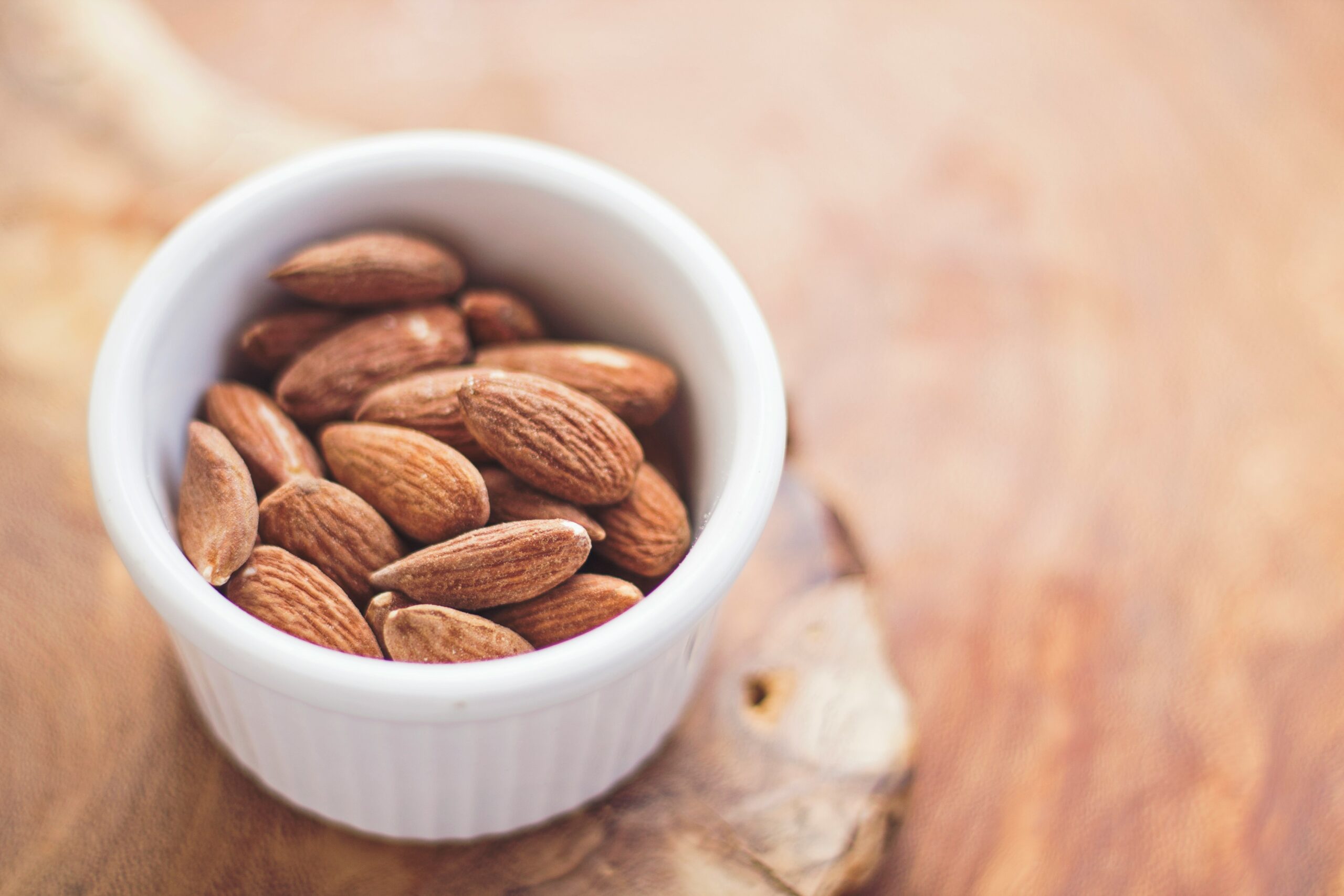Carbohydrates have been at the center of nutrition debates for years, with many misconceptions clouding their true role in our diets. From low-carb diet trends to the frequent blame on carbs for weight gain, it’s easy to get confused about their impact on our health. In this article, we’ll debunk common myths about carbohydrates and share the facts, helping you better understand how carbs should fit into a healthy lifestyle.
What Exactly Are Carbohydrates?
Carbohydrates are one of the three macronutrients that provide energy to the body, the other two being proteins and fats. They are found in a wide variety of foods such as fruits, vegetables, grains, legumes, and dairy products. When consumed, carbohydrates are broken down into glucose, which the body either uses for immediate energy or stores in the liver and muscles for later.
Carbohydrates come in three main forms:
Sugars – Simple carbs found in fruits, dairy products, and sweets.
Starches – More complex carbs found in grains, legumes, and vegetables.
Fiber – A type of carbohydrate that doesn’t get digested but is important for digestive health.
Understanding the different types of carbs is key to making healthier food choices.
Myth #1: All Carbs Are Harmful
Fact: Not all carbohydrates have the same effect on the body.
The idea that all carbs are bad is one of the most persistent myths. The truth is, carbohydrates are essential for your health, particularly when they come from natural, unprocessed sources like fruits, vegetables, legumes, and whole grains. These foods are packed with essential nutrients and fiber that promote good health.
On the other hand, refined carbs such as white bread, cookies, and sugary drinks, often lack vital nutrients and fiber. These foods can cause rapid increases in blood sugar levels, which can lead to energy crashes and cravings. So, it’s not carbs themselves that should be avoided, but rather the highly processed versions.
Myth #2: Low-Carb Diets Are the Only Effective Way to Lose Weight
Fact: Weight loss is about a calorie deficit, not carb restriction.
Low-carb diets like keto or Atkins are often associated with rapid weight loss, but this is typically due to a combination of water loss and a reduction in calorie intake. In reality, there are many ways to lose weight, and a balanced diet that includes carbs can be just as effective when you manage your calorie intake.
Moreover, severely restricting carbs can be difficult to maintain long-term. Carbs are found in many foods that are nutritious and beneficial for overall health. Instead of cutting out carbs, focus on portion control and balance across all food groups.
Myth #3: Carbs Lead to Diabetes
Fact: Diabetes risk is influenced by overall diet and lifestyle, not just carb intake.
This myth is based on a misunderstanding. Type 2 diabetes is primarily linked to factors like obesity, lack of physical activity, and genetics, not simply carbohydrate consumption. While a diet high in refined carbs and sugars can contribute to weight gain and poor blood sugar control, whole grains, fruits, and vegetables rich in complex carbs can actually lower the risk of developing type 2 diabetes.
The Glycemic Index (GI) is a helpful tool to differentiate between healthy and unhealthy carbs. Low-GI foods like oats and sweet potatoes have a gentler effect on blood sugar, while high-GI foods like white bread can cause quick spikes in blood sugar.
Myth #4: Eating Carbs at Night Causes Weight Gain
Fact: Weight gain is the result of overall calorie intake, not the timing of meals.
The idea that carbs consumed at night are more likely to turn into fat is simply untrue. The real culprit behind weight gain is eating more calories than your body needs over time. When calories are in excess, regardless of when they are consumed, weight gain can occur.
In fact, some research suggests that eating carbs in the evening might even improve sleep, as carbs increase serotonin levels in the brain. Additionally, athletes and active individuals may benefit from consuming carbs after exercise, even at night, to help replenish glycogen stores and support muscle recovery.
Myth #5: Carbs Are Not Essential for the Body
Fact: Carbs may not be “essential” in the strictest sense, but they play an important role in your health.
It’s true that the body can survive without carbohydrates by converting proteins and fats into glucose through a process called gluconeogenesis. However, this is not the most efficient or desirable approach for most people.
Carbs are the primary energy source for the brain and muscles during high-intensity physical activity. In addition, carbs help regulate metabolism, support cognitive function, and contribute to general well-being. So while you might technically be able to survive without carbs, you’ll likely feel better and perform better with them in your diet.
The Power of Fiber
Fiber is a unique type of carbohydrate that the body cannot digest. While it doesn’t provide energy directly, it plays a crucial role in digestive health. There are two types of fiber:
-Soluble fiber helps lower blood cholesterol and stabilize blood sugar.
-Insoluble fiber aids in digestion and prevents constipation.
Eating fiber-rich foods, such as fruits, vegetables, beans, and whole grains, has been linked to various health benefits, including a lower risk of heart disease, better weight management, and improved gut health.
Carbs and Athletes: Fueling Physical Performance
For athletes or anyone who engages in regular physical activity, carbohydrates are a critical fuel source. During exercise, especially prolonged endurance activities, the body relies heavily on glycogen, which is stored glucose. When glycogen stores are depleted, energy levels drop, leading to fatigue.
Athletes often “carb-load” before an event to maximize glycogen storage, and even recreational exercisers benefit from consuming carbs to aid in energy recovery. For those who exercise regularly, a balanced intake of carbs is necessary to support optimal performance and recovery.
How to Make Smart Carb Choices
To make the most of carbs in your diet, here are a few tips:
-Opt for whole grains like brown rice, quinoa, and whole wheat bread instead of refined grains.
-Minimize added sugars found in sugary beverages, candy, and baked goods.
-Pair carbs with protein or healthy fats to stabilize blood sugar levels and prevent energy crashes.
-Control portion sizes, especially with carb-dense foods like pasta, bread, and rice.
-Incorporate plenty of fiber to support digestion and keep you feeling full.
Conclusion: Carbs Are Not the Villain
Carbohydrates are an essential part of a balanced diet and should not be feared. While refined, sugary carbs can contribute to health issues, complex carbs from whole foods provide a wealth of nutrients and benefits. By understanding the different types of carbs and making mindful choices, you can fuel your body for better energy, health, and performance.



